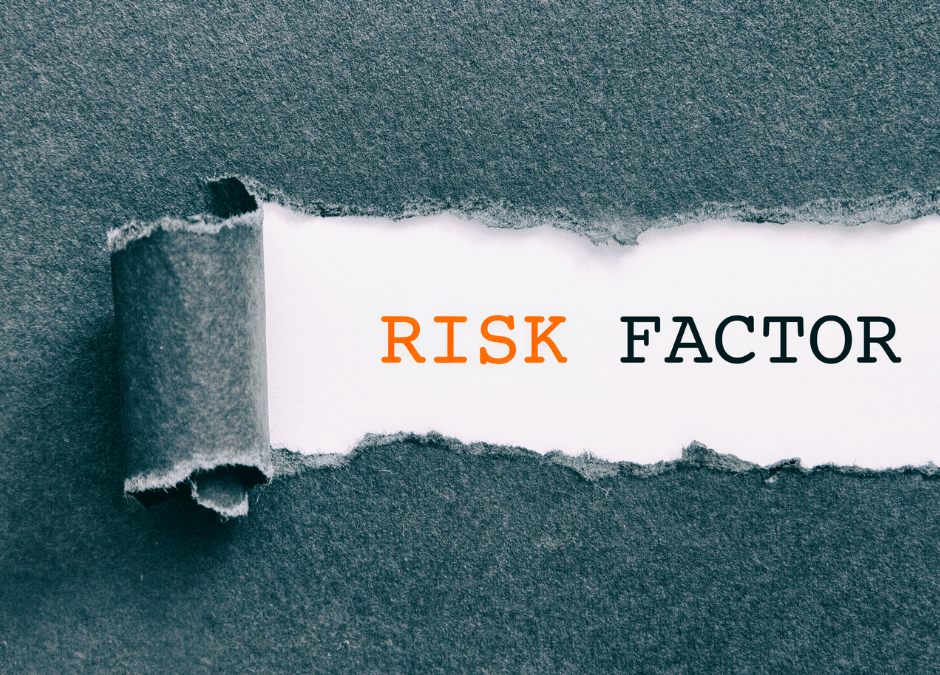Hey, Pinktober is almost over!
How you doin’? I hope you’re taking care of yourself while riding the pink tsunami!
I can’t help but think how many companies made a crapload of money selling breast cancer goods and services this month.
Goods and services with no connection to breast cancer other than some random reference to “pinkness”.
One of my clients told me she went golfing in early October. The gentleman who checked them in announced, “All the pins this month are pink for breast cancer”.
She responded, “Oh, does the club make a donation?”
He had absolutely no idea.
I’ve long been of the opinion that we don’t need more pinkified awareness or useless pinkified “stuff”.
We need to find the cause of the estimated 297,790 new breast cancer cases that will be diagnosed in the United States in 2023.
That is not a typo.
297,790. . .more than a quarter of a million new breast cancer diagnoses in a SINGLE year, in a SINGLE country.
SOMETHING’S BROKEN
Is it our environment? Lifestyle habits? Bad luck or timing for over a quarter of a million women?
I can’t say for certain what’s causing the huge number of new cases, but I do know this about YOUR diagnosis.
You eating dairy, red meat and sugar didn’t cause your breast cancer. At this point, research tells us that alcohol is the ONLY item in the food/beverage category that increases breast cancer risk.
According to the American Institute for Cancer Research (AICR), all types of alcohol, including wine, beer and liquor increase cancer risk. For breast cancer, the risk starts increasing with less than one drink per day. The greater the alcohol consumption, the greater the cancer risk.
While research continues to march toward (hopefully) finding the cause, here’s what we know for sure about breast cancer risk factors.
RISK FACTORS YOU CAN’T CHANGE
- Getting older
- The risk for breast cancer increases with age
- Genetic mutations
- Women who have inherited changes to certain genes (BRCA1 and BRCA2) are at higher risk of breast cancer
- Reproductive history
- Starting menstrual periods before age 12 and starting menopause after age 55 expose women to hormones longer, raising their risk
- Having dense breasts
- Women with dense breasts are more likely to get breast cancer
- Personal history of breast cancer or certain non-cancerous breast diseases
- Women who’ve had breast cancer are more likely to get breast cancer a second time
- Family history of breast or ovarian cancer
- Your risk for breast cancer is higher if you have a mother, sister, or daughter, or multiple family members on either your mother or father’s side who have had breast or ovarian cancer
- Previous treatment using radiation therapy
- Women who had radiation therapy to the chest or breasts before age 30 have a higher risk of getting breast cancer later in life
- Exposure to the drug diethylstilbestrol (DES)
- DES was given to some pregnant women in the United States between 1940 and 1971 to prevent miscarriage.
RISK FACTORS YOU CAN CHANGE
- Not being physically active
- Being overweight or having obesity after menopause
- Drinking alcohol
I like to remind my clients that even though we’ve already been diagnosed and walked that breast cancer treatment path, we can meet our own risk (the risk of recurrence) halfway.
Here’s how you can get started today!
- Eat a plant-based diet
- Fill ⅔ of your plate with fruits, veggies, beans, nuts, seeds, soy
- Reduce or eliminate alcohol
- You got that message above, right?
- Reduce added sugar
- Added sugar doesn’t CAUSE breast cancer, but can contribute to obesity and inflammation, both of which are connected to breast cancer risk
- Eat plenty of fiber
- Aim for a minimum of 25 grams daily
______________________________________________________________________________
Thanks for reading my blog post! Inspired and/or enlightened by what you read? Be sure to subscribe so you never miss a new post.
Subscribe by CLICKING HERE to get your FREE copy of The Five Foods Survivors Should Eat
CLICK THIS LINK and watch my 2-minute Peaceful Plate program video!
Follow me on Instagram @hormone.breastcancer.dietitian
This information is for educational purposes only and is not intended as medical advice. Please consult your dietitian or doctor for guidance specific to your needs.
______________________________________________________________________________
SOURCES
Most Americans Still Unaware that Alcohol is a Cause of Cancer

